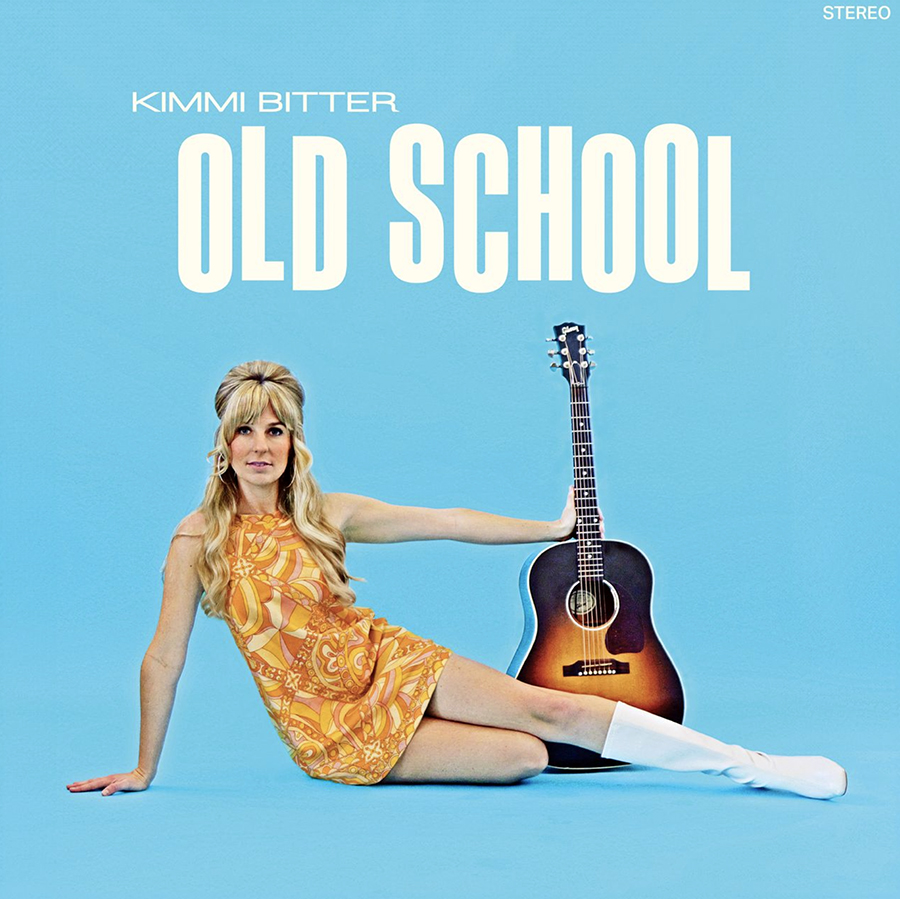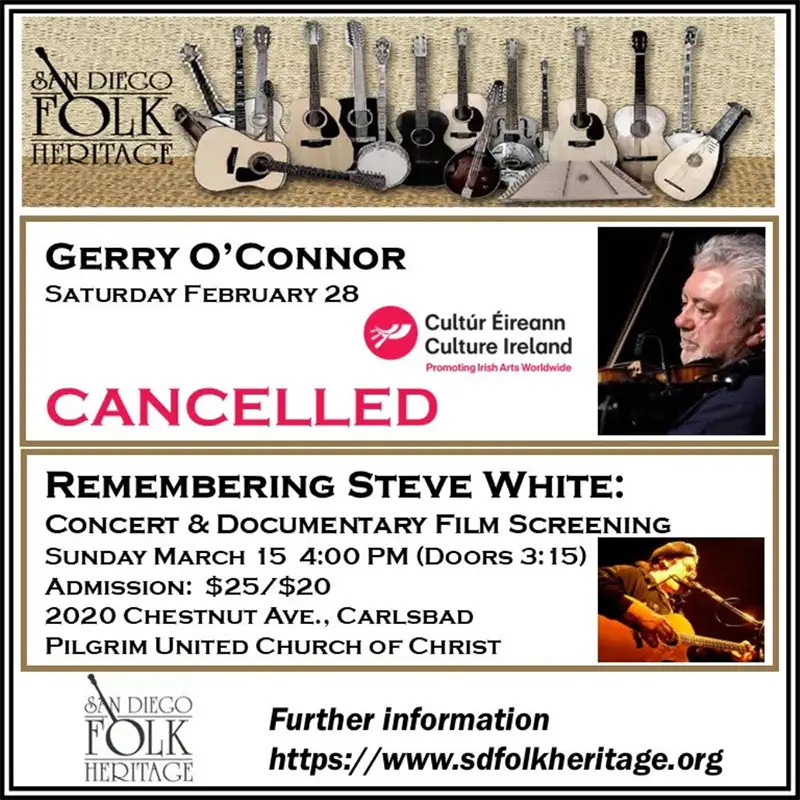CD Reviews
KIMMI BITTER: Old School

Old School is the latest CD release from singer/songwriter/guitarist Kimmi Bitter, 11 tracks of original tunes recorded at East Lake Los Angeles studio, engineered by Enoch Jensen. The producer, Michael Gurley, co-wrote the tunes with Bitter in addition to playing electric and acoustic guitars, keys, ukulele, and background vocal parts. His musical footprint is ubiquitous, and he should be applauded for producing a masterpiece of sound via the use of spring reverb throughout on instruments and vocals with perfectly placed instrument accompaniment that never gets in the way of the vocals and storylines.
Bitter comes roaring out of the gate on the opening track, the title track, “Old School,” a feel-good country rocker with the theme of the album succinctly stated. “Sounds of rhythm and blues, I tell ya old school, makes my old soul feel brand new.” Bitter’s powerful voice leads the way in tandem with the fanfare band arrangement, reminiscent of Elvis Presley hitting the opening number on stage in Vegas, replete with the background male vocal chorus parodying the Jordanaires.
Bitter spotlights her eloquent vocal style on the 6/8 time ballad, “I Can’t Unlove You,” drawing immediate comparison to Patsy Cline, which is not a bad thing at all, followed by “My Grass is Blue,” the lead single from the album, a captivating “cry in your beer” tune with Bitter’s mesmerizing voice returning us to the early 1950s’ unrequited love song blueprint with just the right obligatory verse and chorus chord changes. “My grass is blue, that’s how it grows since I lost you.”
Bitter is no one-trick pony vocalist as she stretches out stylistically, starting with the tropical island flavored “Aquamarine,” with her dreamy vocal aptly supported by Gurley’s ukulele and Chris Lawrence on pedal steel guitar, richly embellished by Bitter’s bank of vocal background harmonies that bring us back to the early 1950s mellifluous vocal harmonies of the Chordettes.
Bitter hits the mark on the honky-tonk track, “Cowboy Kind of Girl” with a bevy of clever lyrics amid Lawrence’s weeping pedal steel tones. “Don’t need a city slicker who can’t hold his liquor…put him on a horse and he’ll probably hurl,” followed in the same mold on “Vagabond Blues,” perfectly complemented by echoes of Duane Eddy’s low-end guitar riffs by Wills Farnsworth on electric guitar along with a nod to Kris Kristofferson’s muse, “freedom’s just another word for nothing left to lose,” with her response: “but I just got a case of the vagabond blues.”
The upbeat track, “Billy Hill,” a tune Dolly Parton would have been proud to have written, features tightly arranged cascading vocal harmonies and vocal a capella breaks set against a lively bluegrass backdrop fueled by Phil Pardell’s steady drumming pulse that tells the story of one girl’s upward path through many of life’s obstacles. “Sittin’ in a room staring up at the moon, she dreamed of the great big world.”
The ballad “I Dream of You” again brings us back to those innocent times of the 1950s and memories of Brenda Lee crooning over our transistor radios. The return of the active male chorus, à la the Jordanaires, fills the bill against Bitter’s swooning lyrics. “I cry each night, though I know it’s not right, we can still rendezvous when I dream of you.”
“Oh Rosie” is perfectly set in a slow 12/8 time doo-wop rhythmic mode amid the appropriate tremolo electric guitar bursts that feels like the last dance has arrived at your senior prom. In true late 1950s fashion the bridge builds dramatically akin to a Roy Orbison arrangement with Farnsworth’s reverb drenched electric guitar solo taking it home.
“Get Those Hands Where I Can See ‘Em” is a well-crafted upbeat novelty tune with Bitter’s ominous warning: “So get those hands where I can see ‘em, or else you’ll be seeing stars,” with a 1980s country music vibe, powered by Farnsworth and bassist Ben Neal’s driving boogie rhythms melded with Bitter’s vocal harmonies that channel the Judds.
The album closes with “Never Any Younger,” with a similar emotional impact as Garth Brooks’ “The Dance,” with Bitter’s silky acoustic guitar accompaniment dueting with Farnsworth’s electric guitar fills behind Bitter’s moments of introspection implied by the title. “You are never any younger than today so seize the moments that come your way. Live life and don’t settle for less…no regrets.”
These are certainly words to live by for Bitter as she has a bright future ahead of her not only with her vocal prowess but in the letter-perfect lyrical writing that she and Gurley have tailored to each musical era with just the right wordsmith nostalgia, accurate period verse, and chorus chord changes and a splendid recording mix that lets the musical accompaniment and voices breath throughout. Bravo!








